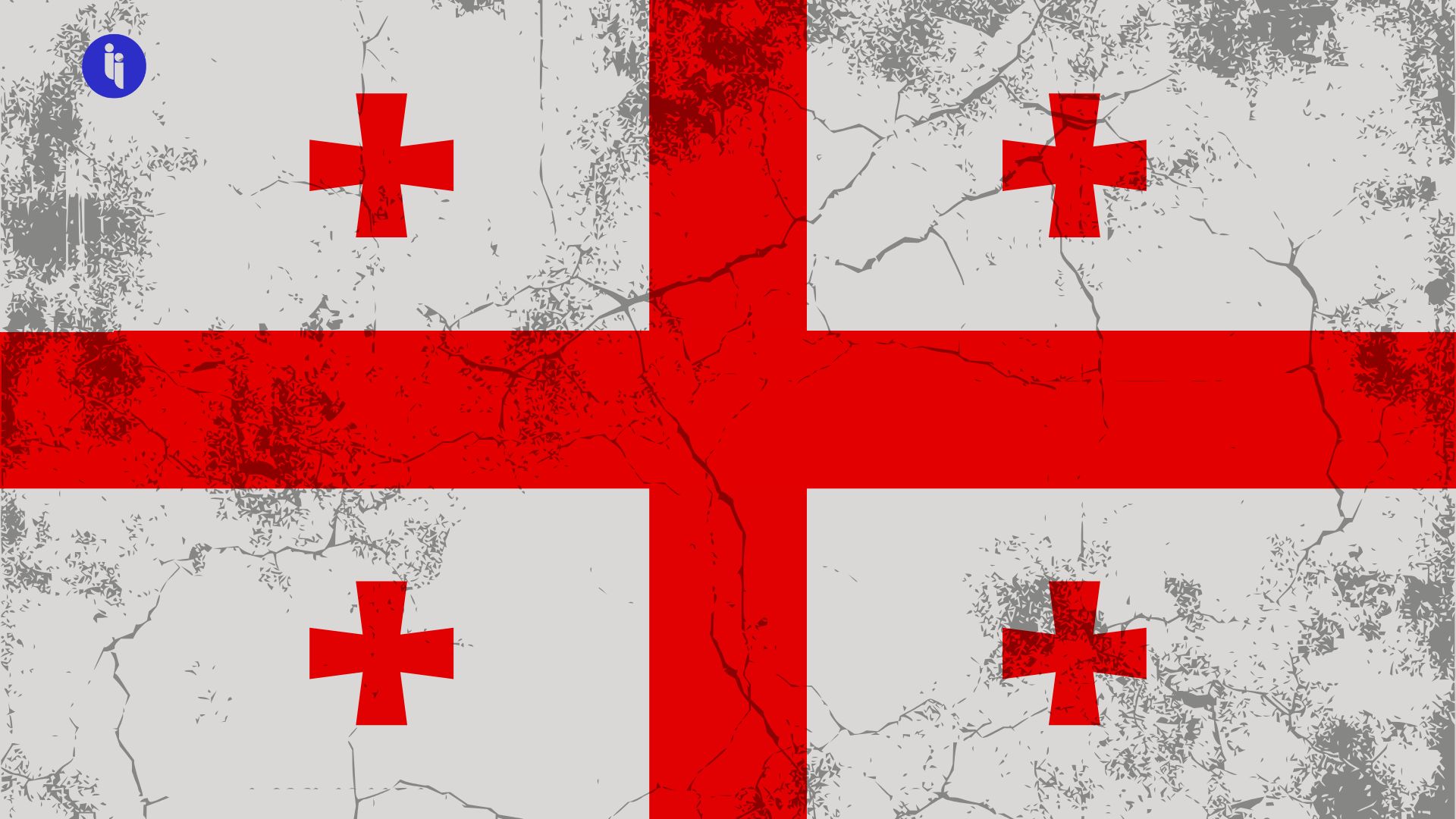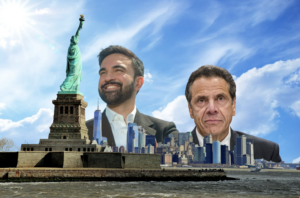WASHINGTON — When the calendar hit December 1st, the mood among Georgian diplomats in the US was tense. Back home, their prime minister (Irakli Kobakhidze) had just announced he was delaying talks to join the EU until the end of 2028, and within hours, news was set to break that their boss, Ambassador Davit Zalkaliani, had just resigned from his post.
After years working to carve a path for Tbilisi to join the European Union, Georgia’s diplomats are now embroiled in a period of intense division, diplomatic sources tell Intrigue.
Several have resigned: Georgian ambassadors to the Netherlands, Bulgaria, acting ambassador to Italy, Lithuania, Czech Republic and Deputy Minister Teimuraz Janjalia.
Stay on top of your world from inside your inbox.
Subscribe for free today and receive way much more insights.
Trusted by 134,000+ subscribers
No spam. No noise. Unsubscribe any time.
And at least 242 Georgian diplomats have signed a statement saying that Kobahhizde’s actions “do not align with the strategic interests of the country,” arguing that the decision to postpone EU accession breaches Article 78 of their constitution.
Protests continue
Meanwhile, protests have continued since late November: authorities say their use of fireworks has put police at risk, while opposition groups cite leaders, activists, and journalists being arrested and brutally beaten by police. France, Poland, and Germany seem to agree with the protestors, releasing a statement on Friday condemning the Georgian government’s “disproportionate” use of force against protestors, while the country’s own rights ombudsman, Levan Ioseliani, even asked the Interior Ministry to halt police dispersals of the protests. But Kobakhidze praised the police for “successfully neutralising the protesters’ capacity for violence.”
Speaking to Intrigue from Tbilisi, Liza Zhvania, the daughter of former Prime Minister Zurab Zhvania who held the post in the early 2000s, said that “this government has been given many chances by EU leadership and they have, in many instances, done things to impede this process.” The result, Zhvania says, has been huge protests and civil unrest.
Questions around the legitimacy of Georgia’s October 2024 elections still plague the country, and by extension its diplomats. While the Central Election Commission reported that the ruling Georgian Dream party won more than 53% of the vote, the four opposition parties (including Georgia’s president, Salome Zourabichvili) dispute this. Ditto, the European Parliament has described the elections as “neither free nor fair,” and is calling for new elections to be held.
On the other hand, a diplomatic source based in the US, who didn’t sign the statement, has expressed frustration with this framing of the protests, arguing it was actually the EU that delayed Georgia’s accession talks, releasing statements in June and October declaring the process “de facto halted” after Georgia passed its Russia-style foreign influence law. One diplomatic source argued that European actions have hurt the Georgian people and pushed the government away, citing the Dutch foreign minister’s Thursday call to suspend his country’s visa-free arrangements with Georgia.
Rather, another diplomat serving in New York sees Trump’s arrival at the White House as a sign for hope – with his promises to end Russia’s war in Ukraine and focus on family values, the diplomat sees Tbilisi and Washington’s interests aligning come January.
Diplomats fear retribution
Meanwhile, Zhvania told Intrigue that the Georgian Dream party is simply viewing the raft of resignations as an “ideological cleansing of the system,” and in fact “beneficial for them,” but warned that the lost institutional knowledge could come back to bite them.
A Georgia diplomat in Europe who wishes not to be named for fear of retribution, told us that the stakes for diplomats who signed the Joint Statement could not be higher, given the way their country’s new Foreign Agents Law widens the scope of what could be considered “serving in the interest of a foreign power.” For those who signed the statement, there’s concern about returning to Tbilisi, particularly for the ambassadors who resigned.
Zalkaliani, the ambassador in the US, didn’t release a statement upon his resignation, unlike many of the ambassadors serving in Europe. And the resignation of Zalkaliani, a member of the ruling Georgian Dream party, was accepted by the prime minister.
Weapons for Ukraine
Meanwhile, Georgian diplomats also differ on giving weapons to help Ukraine defend itself. When Russia invaded Ukraine in 2022, Tbilisi denounced the invasion and voted to condemn Moscow in the United Nations but opted not to join Brussels in enforcing economic sanctions on Russia and delivering weapons.
While Intrigue’s diplomatic sources are mostly wary of the threat Russia poses to Georgia (it still occupies 20% of Georgia’s territory), they disagree on how to respond. Citing the 2008 Russian invasion of Georgia, one source told us it’s essential for Georgia to preserve its own weapons stockpiles rather than supply Ukraine, in the event their own territory is threatened further. But another diplomat serving in Europe disagrees, saying it’s in Georgia’s interests to stand with the Western, European-led bloc, and assist Kyiv.
More resignations to come?
When asked if more diplomatic resignations are to follow, one diplomat told Intrigue that they believe the government has worked in recent years to ensure foreign ministry recruits share the Georgian Dream party’s thinking, so diplomats are now less likely to abandon their posts.
The big test is still to come on December 14th, another remarked, when Georgia’s electoral college will meet to select a president. If they replace President Zourabichvili with a ruling party loyalist, more resignations and intensified protests could follow.









